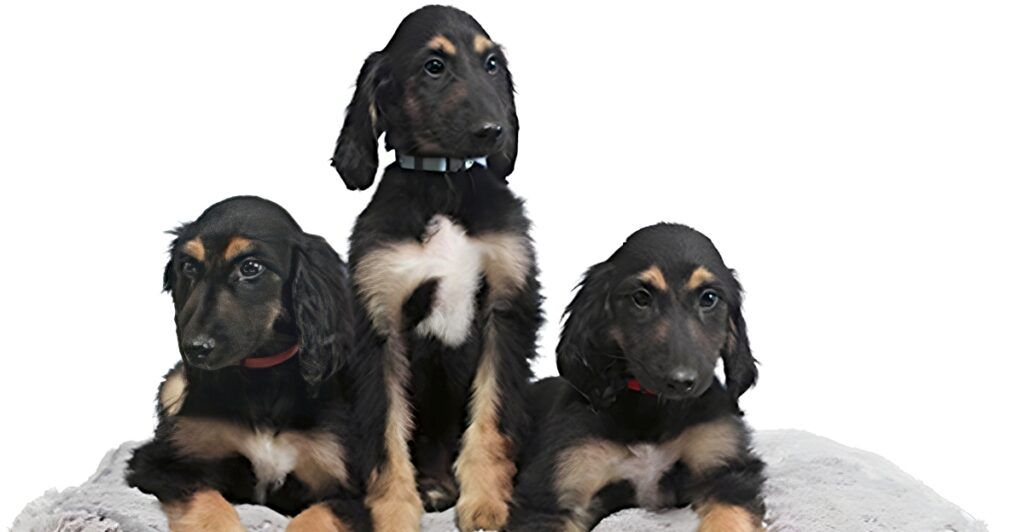
The idea of cloning your dog may seem like the ultimate way to preserve a beloved pet, but the reality is far more complicated. Beyond the hefty price tag, cloning raises numerous ethical, emotional, and scientific concerns. Here’s why cloning your dog might not be the answer you’re looking for.
1. Cloning Doesn’t Recreate Your Dog’s Personality

Cloning only replicates your dog’s DNA, not the unique personality traits that make them special. A dog’s character is shaped by its life experiences and environment. Factors that cannot be duplicated. People who cloned their dogs admitted that the clones had entirely different personalities. You may get a genetic copy, but not the same soul or bond.
2. Cloning Relies on Animal Exploitation
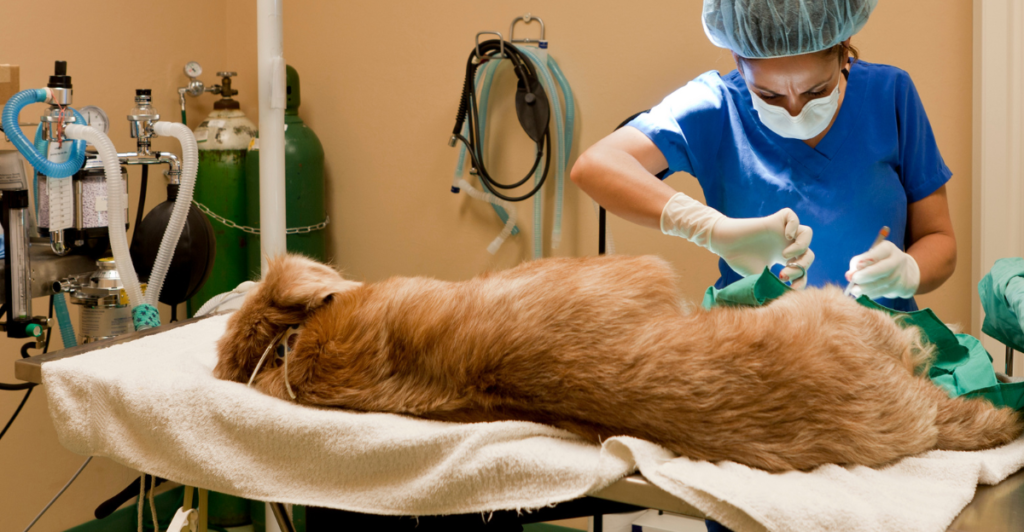
The process of cloning involves invasive procedures for donor and surrogate dogs. Egg extraction and embryo implantation require these animals to endure surgeries and hormonal treatments. Many of these dogs are treated as mere biological tools, living in facilities designed for experimentation rather than care.
3. The High Failure Rate Harms Many Dogs

Cloning is an inefficient process. It often takes dozens of embryos and multiple surrogate dogs to produce a single viable puppy. Many pregnancies fail, and some clones die shortly after birth. For every successful clone, many animals endure unnecessary suffering or death.
4. Cloned Dogs Face Health Risks

Cloned animals are more likely to suffer from genetic health issues. For example, Dolly the sheep, the first cloned mammal, developed arthritis and died young. Similarly, Snuppy, the first cloned dog, died of cancer. Cloning doesn’t erase genetic vulnerabilities and may even amplify them.
5. Cloning Reduces Genetic Diversity

Cloning replicates the same DNA repeatedly, which limits genetic diversity. In the long run, this practice could contribute to genetic bottlenecks in certain populations, potentially reducing resilience to diseases and environmental changes.
6. Adoption is a More Compassionate Choice
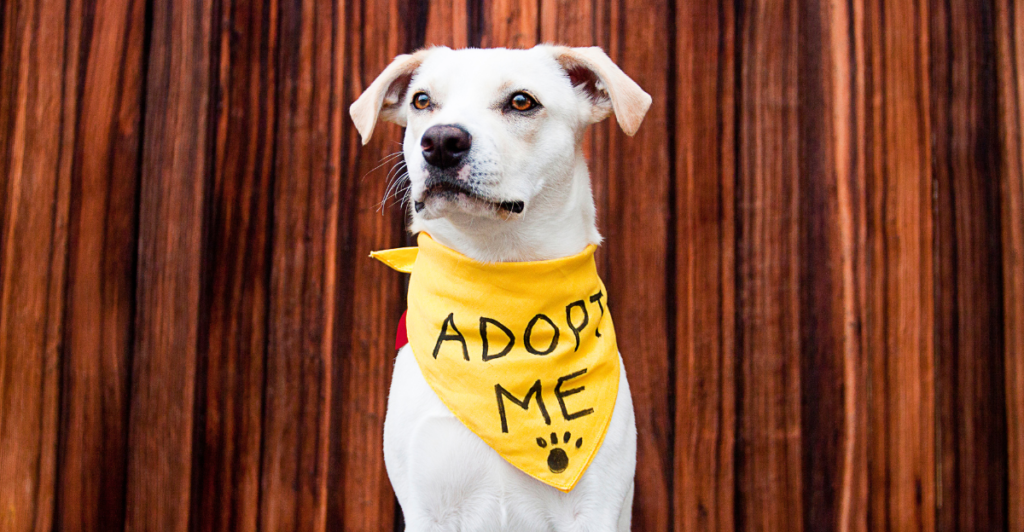
Millions of dogs are in shelters, waiting for loving homes. By cloning your dog, you miss the chance to save another life and create new memories with a different animal. Adopting not only honors your lost pet’s memory but also gives another dog a second chance.
7. The Process Raises Ethical Questions

Cloning shifts the focus from animal welfare to human desires. Subjecting animals to invasive procedures and high mortality rates for personal emotional fulfillment raises moral concerns. Many argue that cloning is unnecessary and prioritizes selfish wants over ethical responsibility.
8. The Bond You Had Can’t Be Recreated

The relationship you had with your dog was built over time, through shared experiences and love. A clone will not remember those moments or share the same connection. Trying to recreate this bond through cloning may lead to disappointment or emotional turmoil.
9. It Promotes Unrealistic Expectations
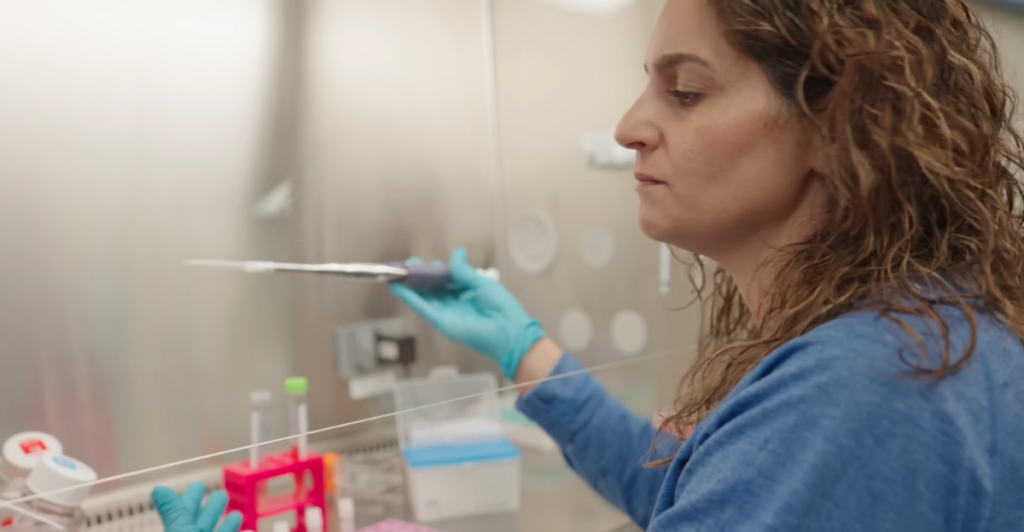
Cloning companies often market their services in a way that fuels false hopes. They prey on the misconception that cloning preserves everything you loved about your dog, when in reality, it only reproduces their genetic material. This manipulation can leave pet owners feeling misled.
What is Dog Cloning, Really?

Dog cloning is a multi-step process involving advanced scientific techniques. First, DNA is harvested from the original dog, often from skin cells. Then, an unfertilized egg from a donor dog has its nucleus removed and is replaced with the original dog’s DNA. Finally, this altered egg is implanted into a surrogate dog, which carries the pregnancy to term. While the science sounds fascinating, the steps are invasive and rely on the exploitation of many animals.
Cloning’s Place in Science and Society
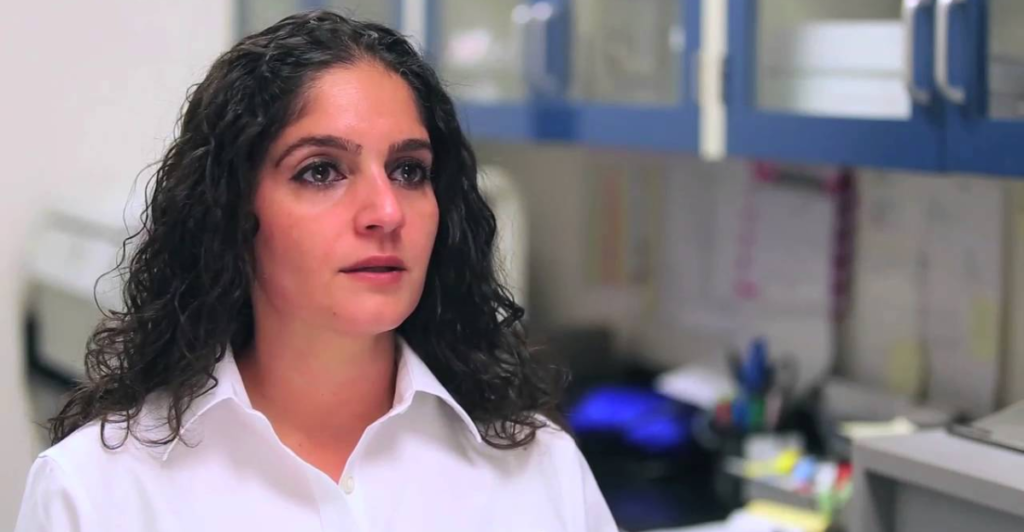
Cloning has its uses in research, conservation, and agriculture. For example, scientists may clone endangered species to prevent extinction or replicate service dogs with specific traits. However, cloning a pet is a personal, emotional decision rather than a scientific necessity, making it a controversial application of this technology.
Honoring Your Pet Without Cloning
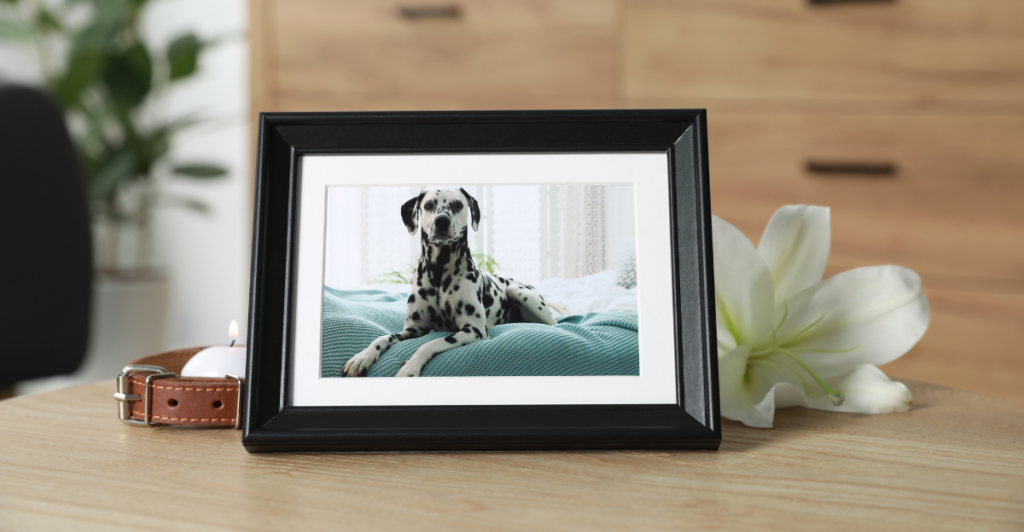
There are many meaningful ways to celebrate your pet’s life without cloning. Plant a tree, create a photo album, or donate to an animal shelter in their name. These acts can preserve your dog’s memory while making a positive impact, honoring them in ways that don’t involve the ethical dilemmas of cloning. Losing a beloved pet is heartbreaking, but cloning isn’t the answer. Your dog was special because of the life you shared together, not just their DNA. Instead of focusing on recreating the past, cherish the memories you made and consider opening your heart to another dog in need. True love for your pet lives on in how you honor their legacy. Not in trying to replicate it.
References:
The Real Reasons You Shouldn’t Clone Your Dog
The science and ethics of dog cloning
Can I Clone My Dog? Exploring the Possibilities, Costs, and Ethical Concerns
Stay connected with us for more stories like this! Follow us to get the latest updates or hit the Follow button at the top of this article, and let us know what you think by leaving your feedback below. We’d love to hear from you!







